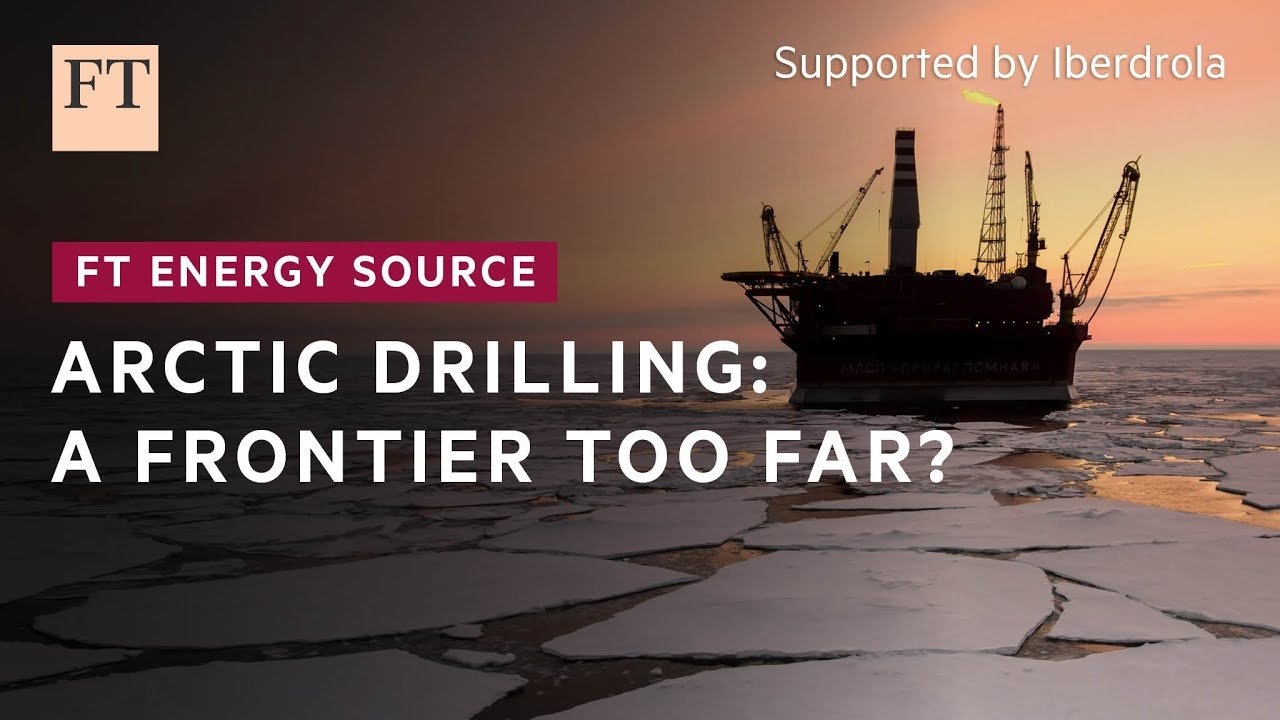- The Arctic is warming up to four times faster than the rest of the planet, revealing significant oil and gas reserves beneath melting sea ice.
- Nations within the Arctic Circle can establish exclusive economic zones for hydrocarbon extraction, leading to geopolitical tensions and increased claims to the region.
- Canada, Russia, and Denmark are among the nations extending their territorial claims to exploit the Arctic’s resources.
- Russia and Norway are actively promoting fossil fuel exploration in the Arctic, with Russia announcing substantial incentives for new projects.
- The US has authorized an $8 billion oil project in Alaska, sparking controversy given the current administration’s stance on environmental issues.
- China is also investing heavily in the region, focusing on infrastructure and assets beyond its territorial boundaries.
- Arctic drilling poses significant challenges due to harsh conditions, making projects expensive and reliant on high oil prices for profitability.
- Environmental concerns are paramount, with the potential release of 1.6 trillion metric tons of carbon from the permafrost and risks of habitat damage and oil spills.
- Despite the vast reserves, the economic viability and environmental risks lead some Western oil companies to withdraw from the region.
The Financial Times is a British daily business newspaper printed in broadsheet and also published digitally that focuses on business and economic current affairs.
AllSides Media Bias Rating: Center
https://www.allsides.com/news-source/financial-times-media-bias
Official website: https://www.ft.com/
Original video here.
This summary has been generated by AI.

Leave a Reply